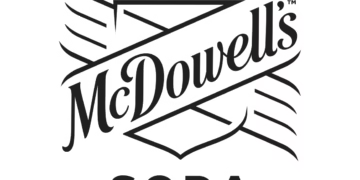CHICAGO, July 29, 2020 /PRNewswire/ —
- Financial results continue to be significantly impacted by COVID-19 and the 737 MAX grounding
- Revenue of $11.8 billion, GAAP loss per share of ($4.20) and core (non-GAAP)* loss per share of ($4.79)
- Operating cash flow of ($5.3) billion; cash and marketable securities of $32.4 billion
- Total backlog of $409 billion, including more than 4,500 commercial airplanes
- The Boeing Company [NYSE: BA] reported second-quarter revenue of $11.8 billion, GAAP loss per share of ($4.20) and core loss per share (non-GAAP)* of ($4.79), primarily reflecting the impacts of COVID-19 and the 737 MAX grounding (Table 1). Boeing recorded operating cash flow of ($5.3) billion.
“We remained focused on the health of our employees and communities while proactively taking action to navigate the unprecedented commercial market impacts from the COVID-19 pandemic,” said Boeing President and Chief Executive Officer Dave Calhoun. “We’re working closely with our customers, suppliers and global partners to manage the challenges to our industry, bridge to recovery and rebuild to be stronger on the other side.”
In the second quarter, Boeing restarted production operations across key sites following temporary pauses to protect its workforce and introduce rigorous new health and safety procedures. Despite the challenges, Boeing continued to deliver across key commercial, defense, space and services programs. The company also resumed early stages of production on the 737 program with a focus on safety, quality and operational excellence. Following the lead of global regulators, Boeing made steady progress toward the safe return to service of the 737, including completion of FAA certification flight tests.
To align to the sharp reduction in commercial market demand in light of COVID-19, the company is taking several actions including further adjusting commercial airplane production rates and reducing employment levels.
“The diversity of our balanced portfolio and our government services, defense and space programs provide some critical stability for us in the near-term as we take tough but necessary steps to adapt for new market realities,” Calhoun said. “We are taking the right action to ensure we’re well positioned for the future by strengthening our culture, improving transparency, rebuilding trust and transforming our business to become a better, more sustainable Boeing. Air travel has always proven to be resilient – and so has Boeing.”
















































